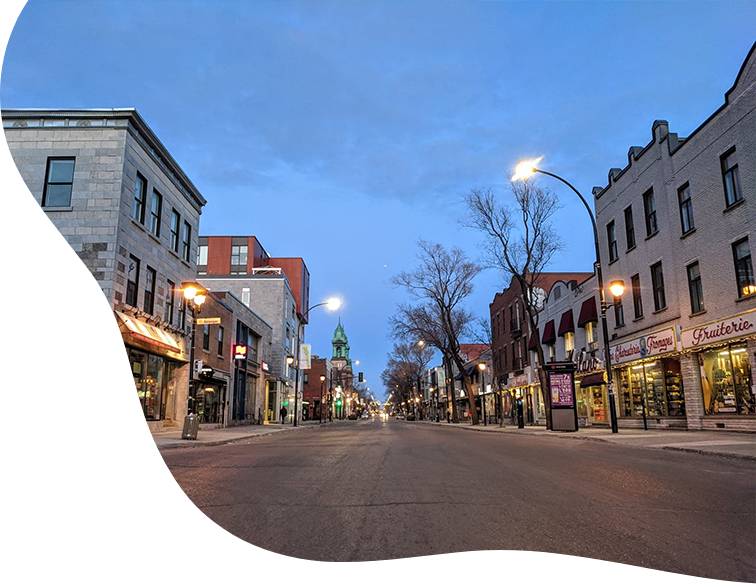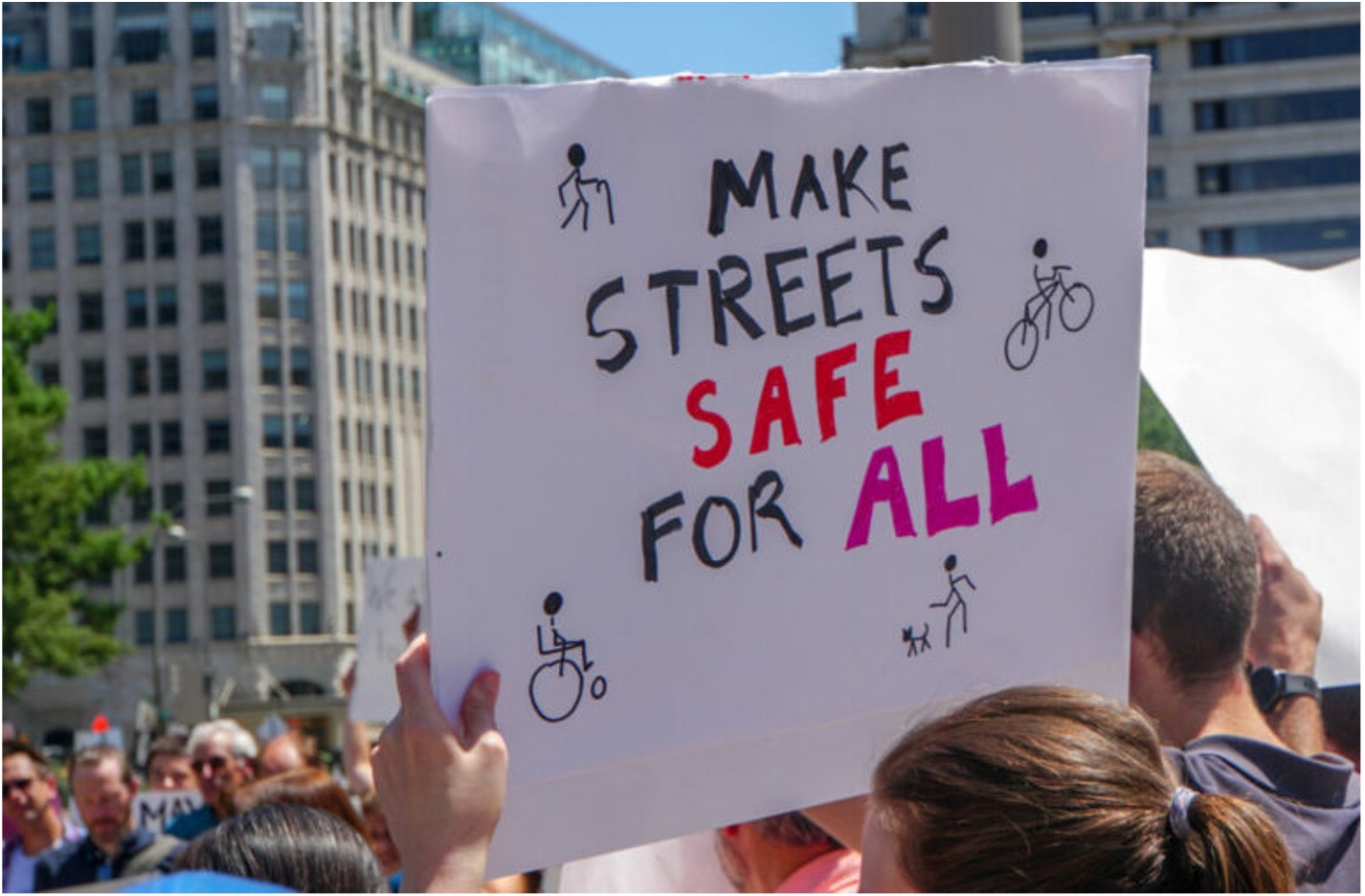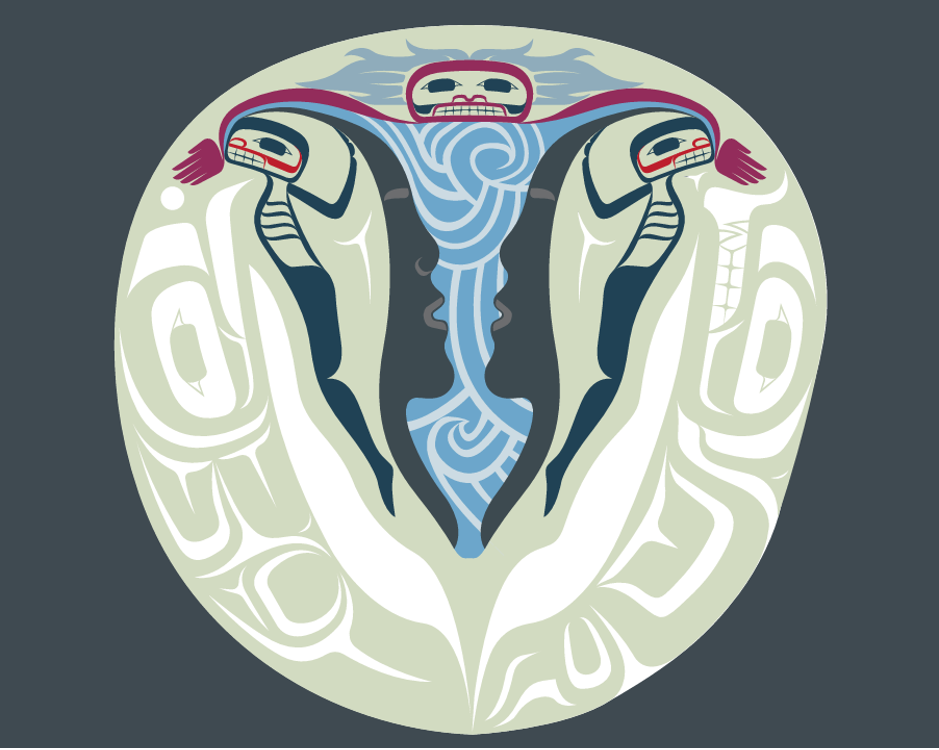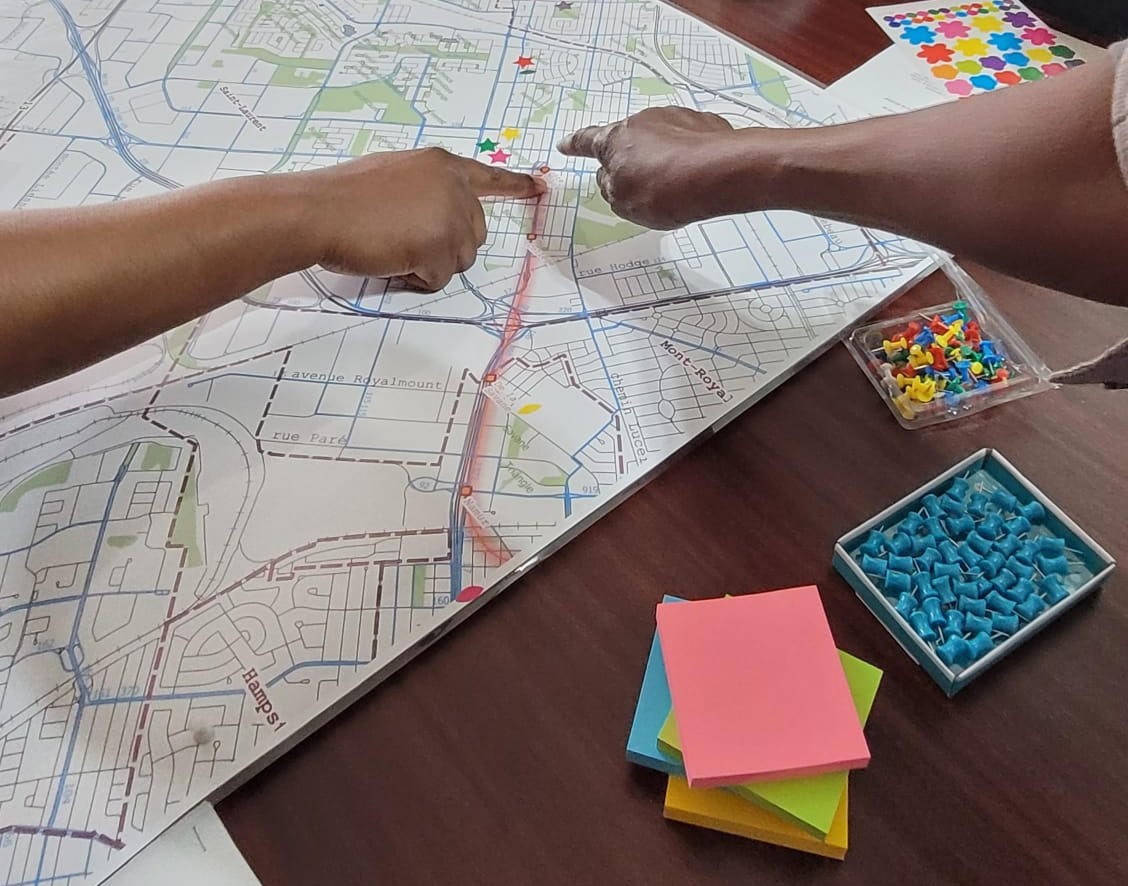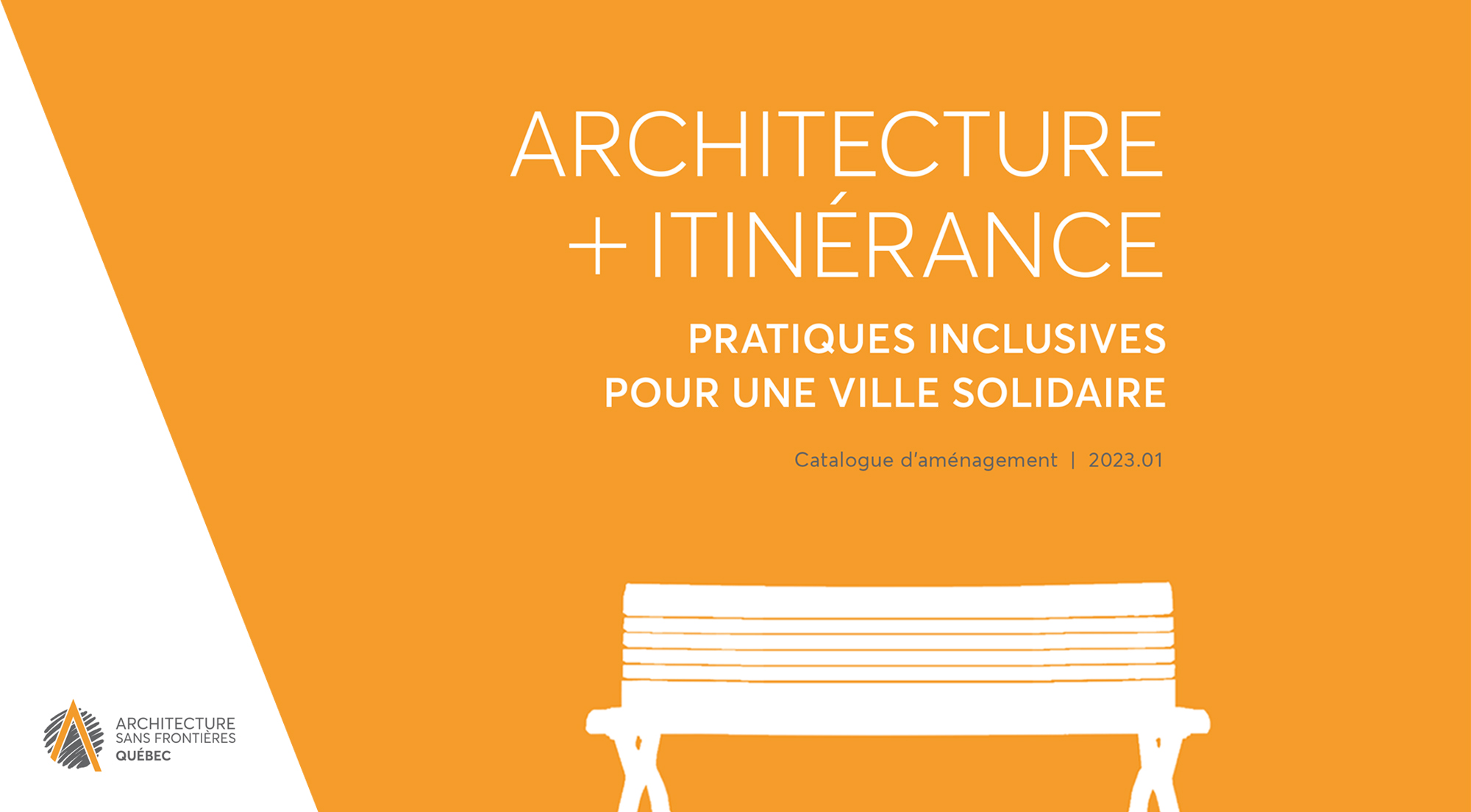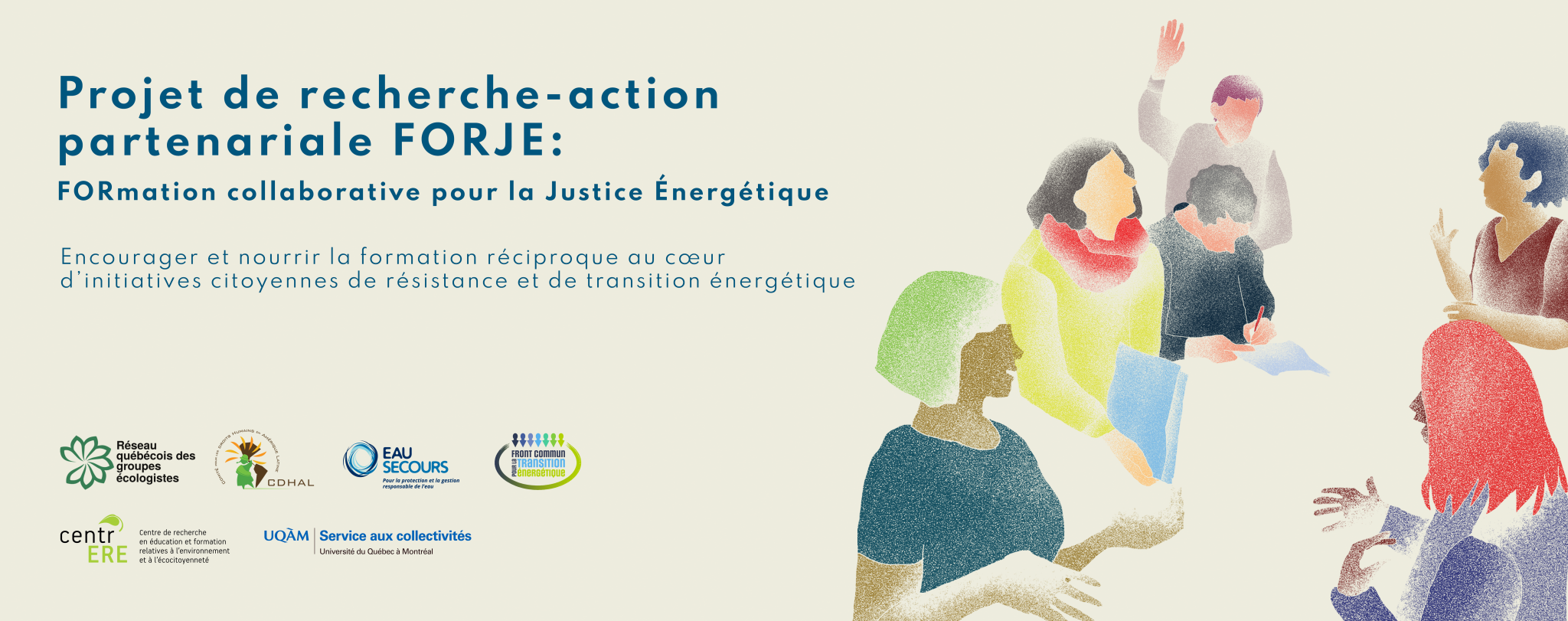A collection of research summaries
This collection aims to bring together and make accessible existing knowledge on the relationship between inequalities, climate action and sustainability transition initiatives in cities and regions in Canada. In 2023, 15 syntheses of recent research in Quebec were published. In 2024, 26 new syntheses from recent research in British Columbia, Ontario and Quebec are published. The project is led by Hélène Madénian and Sophie L. Van Neste from INRS, and the team from the Canada Research Chair in Urban Climate Action, with a scientific committee composed of René Audet (UQAM), Geneviève Cloutier (Université Laval), Stéphane Guimont Marceau (INRS), Nathalie Bleau (Ouranos), Laura Tozer (University of Toronto) and Christina Hoicka (University of Victoria), in collaboration with Villes Régions Monde network and the participation of Alexandra Nadeau. To find out more…
